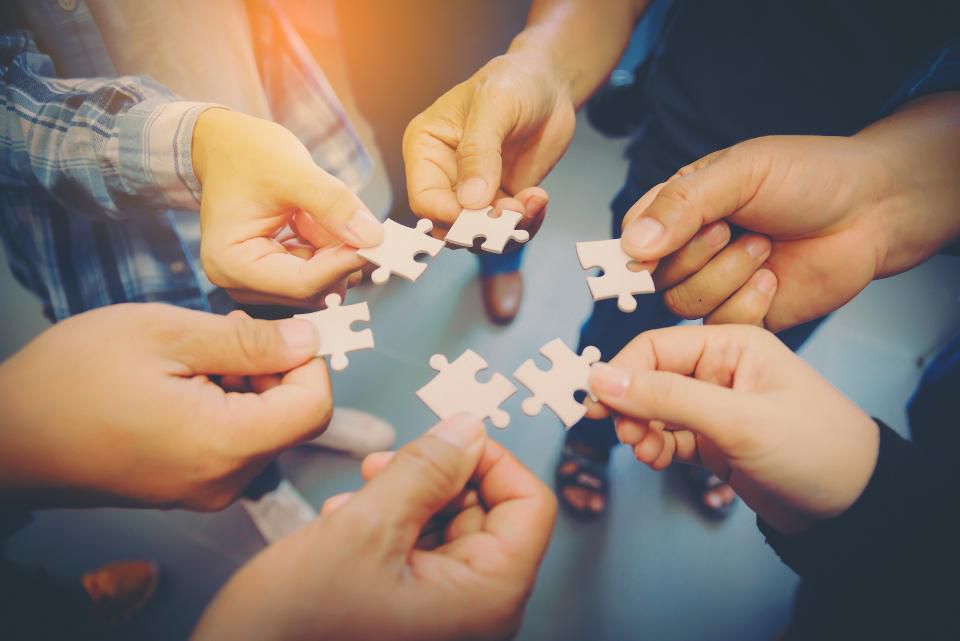
How To Raise A Wise Generation For New Cities
February 7, 2018 — Blog
Imagine the future where Hyperloops take people between cities, clothing gives us superhuman skills, virtual reality is the new textbook, machines start thinking as humans and smartphones are redundant.
The Internet of Things, mobile applications and various other digital tools are weaved into our daily life and almost practically every sector and industry.
For instance, services offered by cities
Be it smart street lamps, smart carts or smart public transport, local governments around the world are increasingly leveraging digital technologies to offer citizens an easier, healthier and safer lifestyle.
In fact, cities are now the innovation hubs of the world where new products and policies are experimented every day.
But only a small proportion of the world’s population is actually contributing to these innovation hubs. Cities are surely populated with intelligent people but they are missing “smart” citizens.
And by smart, I don’t mean people with high IQs.
By smart, I mean people who can be entrepreneurial and creatively design solutions to solve local and global challenges and contribute to build prosperous and inclusive cities.
I joined the NewCities Foundation earlier this month and as each day goes by, I realise how my current and former worlds are tightly intertwined.
So, what is the key to raise a creative and wise generation for our new cities?
It is education.
I don’t mean introducing technology into the fabric of the education system. Nor do I mean that we should all learn to code.
On the contrary, we need to reap the benefits of ubiquitous connectivity without becoming its slave.
For centuries, our schools and libraries were guardians of knowledge. Learners travelled miles to rote learn content with immense focus on “what” and “when”.
But today, when information is abundant and free, finding out the “what” and “when” is a cakewalk or should I say a “click-walk”.
Now the “how” matters much more, especially as we dive deeper in the post-truth world.
Education means much more than developing a rich vocabulary or mastering science and mathematics.
Education in the 21st century is about asking the right questions. It’s about developing skills such as critical thinking and deductive reasoning to decipher facts from false beliefs. Education is about being creative and to find concrete solutions to real world problems.
And this type of education must start at an early age. In fact, as kids we are all creative and curious (remember the endless series of “why” questions?).
But as we climb up the education ladder, these innate qualities become dormant.
Competition overpowers creativity, rote learning suppresses critical thinking while communication and collaboration take a back seat as each one of us learns to live and work in our individual bubble.
So, what needs to change?
More Collaboration, Less Competition: To combat the rise of the robots, the world needs problem solvers with strong human values and soft skills such as empathy and listening. For acclaimed journalist and author Paul Tough, cultivating self-control and perseverance is not just “nice”. It enables children to do well in subjects like math and reading. In his book How Children Succeed (2012), Tough stresses that children under-perform in school partly because they lack non-cognitive skills like focusing while reading a long passage or perseverance while trying to solve a complicated equation.
1. Smash the STEM-only mindset: Once upon a time, mathematics, science and engineering graduates were considered to be the creators and innovators of the world. Companies ferociously competed to recruit the best data scientists, and business intelligence engineers in the industry. But with automation on the rise, we need to reengage with the Humanities. We need to raise a generation of innovative problem-solvers to address local and global challenges. In fact, many global business leaders such as Jack MA of Alibaba or Susan Wojcicki of YouTube hold degrees in Humanities.
2. Skills for a Purpose: Moreover, six in ten millennials look for a sense of purpose in their work. They are keen to contribute to society in a one way or another but lack the means and the skills to do so. Learners need to be taught skills that correlate to their real world – at home, at work and in society at large. We need more programs such as Finland’s Me and My City that offers young children a glimpse of the real world through hands-on and project-based learning. Similarly, initiatives such as High Tech High, Big Picture Learning or the Studio Schools are encouraging children to discover their entrepreneurial and innovative mindsets, with our without technology.
3. Real-world and Lifelong Learning: And while we focus on the youth, let us not forget the working-age and the retired population. While MOOCs such as Coursera and ALISON help professionals to upgrade their skills, we need more initiatives like Japan’s Silver Human Resource Center that reintegrate retirees into the workforce and in society.
4. Citizenship: Most importantly, we must take civic education off the backburner. In our fragmented world, civic virtues are key. Citizenship education is vital to build vibrant democracies, to equip learners with tolerance and openness and at the same time maintain one’s identity and culture in a globalized world. For instance, LoYAC (Lothan Youth Achievement Center) in Kuwait that creates opportunities for young people to do community service and internships.
And like many, I wonder about the role of technology in developing a smart citizen. Well, it’s a means, and not an end. And that end is to raise a generation of happy, creative, resilient citizens of inclusive, connected, healthy and vibrant cities
“What is a smart city? It’s a connected city. But that connection doesn’t always have to be about the technology” Timothy Turrito, GM, Government at Microsoft said at a recent voice.
And indeed, for me, that connection is knowledge.
This post was originally published in Forbes.